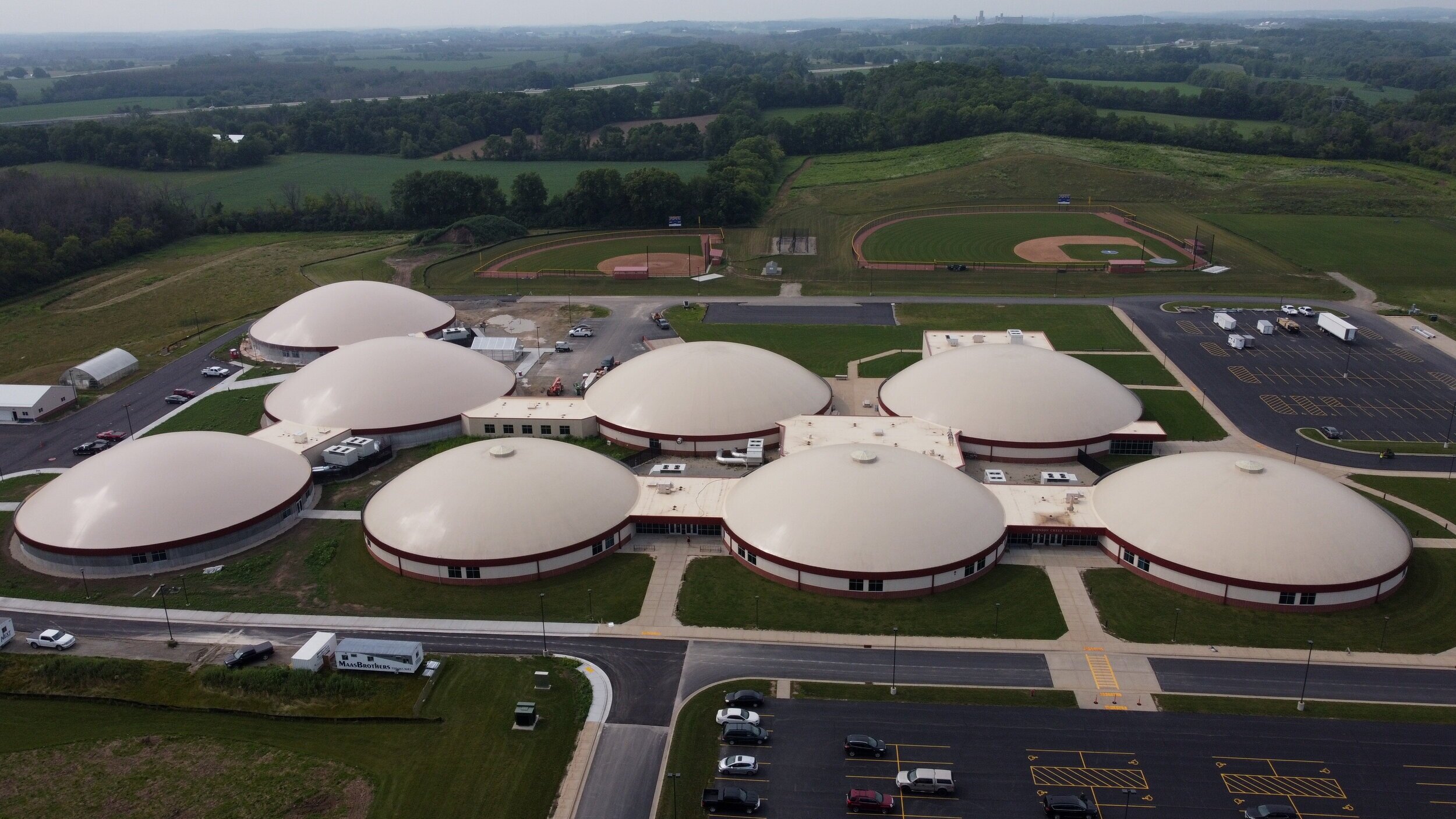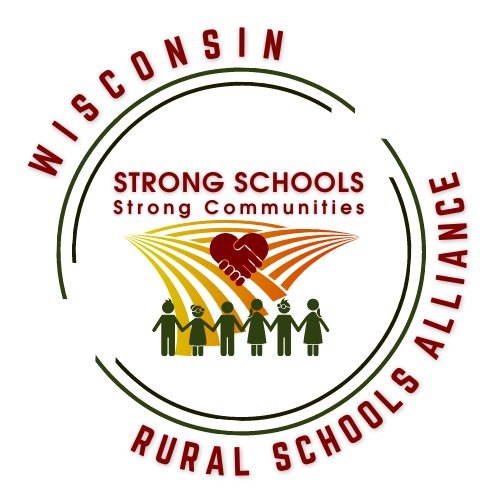
Rural Education Research
Student Academic Achievement in Rural vs. Non-rural High Schools in Wisconsin
A dissertation by Rebecca Droessler Mersch
ABSTRACT
This study analyzed how Wisconsin rural public high schools’ academic achievement compared to their city, suburb and town peers while controlling for ten factors. The Wisconsin Knowledge and Concepts Examination (WKCE) measured academic achievement for tenth graders including reading, language arts, mathematics, science and social studies. The ten independent variables included geographic location, socioeconomic status, students of color, spending per pupil in the school district, high school enrollment, parent education level, truancy, disciplinary actions: suspensions and expulsions, students with disabilities and extra/co-curricular activity participation. Data were provided by state and federal public databases. Findings indicated that rural high schools in the state of Wisconsin performed as well as town and city high schools and in some subject areas as well as suburban high schools. Further, the data suggest that there are serious academic performance concerns for students and schools with certain demographics and that those problems need to be addressed immediately and effectively. Findings from this study suggest that the argument to consolidate rural high schools because of poor academic performance is not a valid one. All high schools in Wisconsin including rural high schools should be supported by policy makers and practitioners to ensure high academic achievement opportunities for all. Continue reading
The Rural Educator
Georgetown University - Center on Education and the Workforce - Small Towns, Big Opportunities
Small Towns, Big Opportunities: Many Workers in Rural Areas Have Good Jobs, but These Areas Need Greater Investment in Education, Training, and Career Counseling finds that 7.4 million workers ages 25–64 in rural America have good jobs paying at least middle-class wages.
The official journal of the NREA, The Rural Educator features articles written by leading rural educators from all levels of education.
Articles from the Winter 2010 Issue:
“Strategies for Recruitment and Retention of Secondary Teachers in Central U.S. Rural Schools” (Andrea D. Beesley; Kim Atwill; Pamela Blair; Zoe A. Barley)
“An Examination of Resiliency in Rural Special Educators” (Gregory C. Zost)
“Multicultural Education for Rural Schools: Creating Relevancy in Rural America” (Kristine Reed)
“Educating the Culturally and Linguistically Diverse Non-urban Population: Three Cost-effective Strategies” (Derry L. Stufft; Rebecca Brogadir)
“Meeting the Needs of Struggling Readers in High School: What are Rural Schools Doing?” (William D. Bursuck, Susan Robbins; Kurt Lazaroff)
To view more articles click here.
The National Center of Research on Rural Education
University of Nebraska — Lincoln
The National Center for Research on Rural Education (R2Ed), funded in July, 2009 for five years by the U.S. Department of Education’s Institute of Education Sciences (IES), is housed in the Nebraska Center for Research on Children, Youth, Families and Schools (CYFS) at the University of Nebraska-Lincoln.
The long-term goals of the Rural Education Center are to (a) improve in rural settings students’ acquisition of reading and science knowledge and skills by identifying effective practices that lead to the systematic provision of evidence-based instruction in rural settings; and (b) establish an infrastructure for conducting and disseminating nationally-relevant, cutting-edge research and leadership related to rural education. read more
Journal of Research in Rural Education
Center on Rural Education and Communities, Penn State College of Education
The Journal of Research in Rural Education is a peer-reviewed, open access e-journal publishing original pieces of scholarly research of demonstrable relevance to educational issues within rural settings.
Featured Articles (2010-2011)
“Rural Elementary School Teachers’ Technology Integration” (Brian Hough, Aimee Howley, Lawrence Wood)
“Increasing Reading Skills in Rural Areas: An Analysis of Three School Districts” (Jean Stockard)
“The Possibility of Place: One Teacher’s Use of Place-Based Instruction for English in a Rural High School” (Amy Azano)
Featured Articles (2009-2010)
“A Phenomenological Study of Rural School Consolidation” (Keith A. Nitta, Marc J. Holley, Sharon L. Wrobel)
“Student Characteristics and Motivation in Rural High Schools” (Patricia L. Hardré, David W. Sullivan, Michael H. Crowson)
“Critique and Fiction: Doing Science Right in Rural Education Research” (Craig Howley)
“Distance Education Use in Rural Schools” (Wallace H. Hannum, Matthew J. Irvin, Jonathan B. Banks, Thomas W. Farmer)
“Rural Schools and the Highly Qualified Teacher Provision of No Child Left Behind: A Critical Policy Analysis” (Karen Eppley)
National Research Center on Rural Education Support (NRCRES)
University of North Carolina at Chapel Hill
Funded by the Institute for Educational Sciences of the U.S. Department of Education, NRCRES has conducted a focused program of research that addresses significant problems in rural education.
Research Programs
The Rural School and Community Trust
Why Rural Matters
The biennial reports analyzing the contexts and conditions of rural education in each of the 50 states and calling attention to the need for policymakers to address rural education issues in their respective states.
Rural Policy Matters
A monthly newsletter, Rural Policy Matters provides news of interest to citizens and community groups working on state-level policy issues affecting rural schools.
Other Research
“Lessons Learned from Rural Schools” (Gerald Carter, Larry Lee, Dr. Owen Sweatt)
A partnership of the Alabama Department of Agriculture & Industries’ Center for Rural Alabama, ALFA Foundation and the Economic Development Association of Alabama
“Recruiting and Retaining High-Quality Teachers in Rural Areas” (David H. Monk)
The Future of Children. Excellence in the Classroom. Volume 17/Number 1/Spring 2007
A publication of the Woodrow Wilson School of Public and International Affairs at Princeton University and the Brookings Institution
